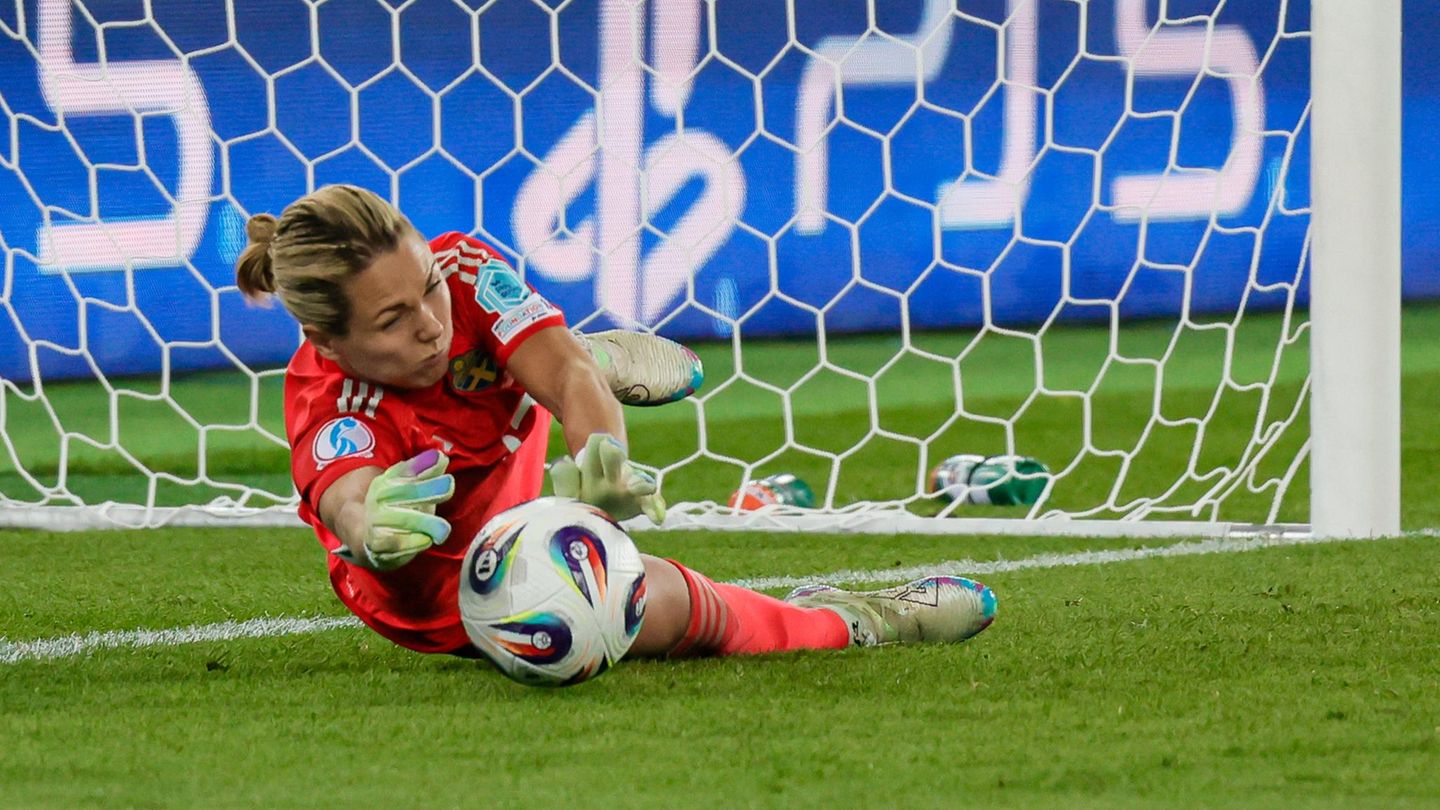The British Government presented its proposal in Parliament last night Football Governance Bill, a law that in practice will mean create an independent regulator to oversee the management of clubs and competitions. From compliance with certain financial obligations, to audits of owners and executives, as well as a clear veto of the Super League and the ambition to give more voice to the fans. The risk of non-compliance will involve financial fines of up to 10% of the total billing.
“The body will be equipped with strong powers that will revolve around three main objectives: improving the financial sustainability of clubs, ensuring financial resilience across all leagues and safeguarding the heritage of English football,” explains Rishi Sunak’s Executive. In a statement, the leader argues the need for this new body because “for too long some clubs have suffered abuse from unscrupulous owners who get away with poor financial management that, in the worst case, can lead to total collapse.”
At the moment it is not known what the clubs’ financial obligations will be, although media such as The Times they point out that The Premier League itself wants to replicate Uefa’s new criteria to all its teams and not just those that compete internationally. That is, a spending ceiling on sports staff equivalent to 70% of income would be established. and the degree of compliance of each team would be periodically monitored.
In addition, the new regulator “will implement reinforced tests for owners and directors”, a task that until today was assumed by the regulator itself. Premier League through a commission of which the teams themselves are part. Now, “they will face stricter tests to prevent clubs from falling into the wrong hands, and will face the possibility of being dismissed and excluded from the ownership of football clubs if they are determined to be unsuitable,” anticipates the draft of the rule, which will now begin its parliamentary process.
Another key point of the new rule is that this new body “will be equipped with backup powers to impose a new agreement on economic distributions” between Premier League and English Football League (EFL). Of course, their intervention will only occur “if the leagues fail to reach a new agreement.” Currently, the top competition in the United Kingdom allocates £533 million (€623 million) annually to the rest of the system, which translates into around 1,600 million pounds (€1,871 million euros) in the last three years.
Regarding the veto of the Super League or any other closed competition, The United Kingdom wants to protect its ecosystem through a system of authorizations and compliance. “For the first time, clubs since National League (the first step in the football pyramid) to the Premier League will be licensed to compete in elite men’s soccer competitions in England. The proposed licensing regime will be proportional to any problem, size and circumstances and will involve a system of provisional and full licenses, to give clubs time to make the transition,” the rule explains. And not only do they want to shield their competitions, but also a certain loyalty to the fans and that “changes in the names, insignia and colors of the clubs against the wishes of the fans” are not so simple.
CITY.jpg
Manchester City is the last champion of the Premier League.
DAZN
“All clubs will be subject to new core requirements enshrined in legislation, regardless of license status, such as protections against breakaway competitions and stadium relocations,” the Government has warned.
Culture Secretary Lucy Frazer said that with this new regulation “we are determined to put fans back at the center of the game and ensure that clubs, as vital community assets, continue to thrive.” “The new Independent Football Regulator will put the game on a sustainable footing, strengthening clubs and the entire football pyramid for generations,” she added. To this end, among the obligations will be having mechanisms for the participation of fans in decision-making.
Source: Ambito
I am Pierce Boyd, a driven and ambitious professional working in the news industry. I have been writing for 24 Hours Worlds for over five years, specializing in sports section coverage. During my tenure at the publication, I have built an impressive portfolio of articles that has earned me a reputation as an experienced journalist and content creator.




